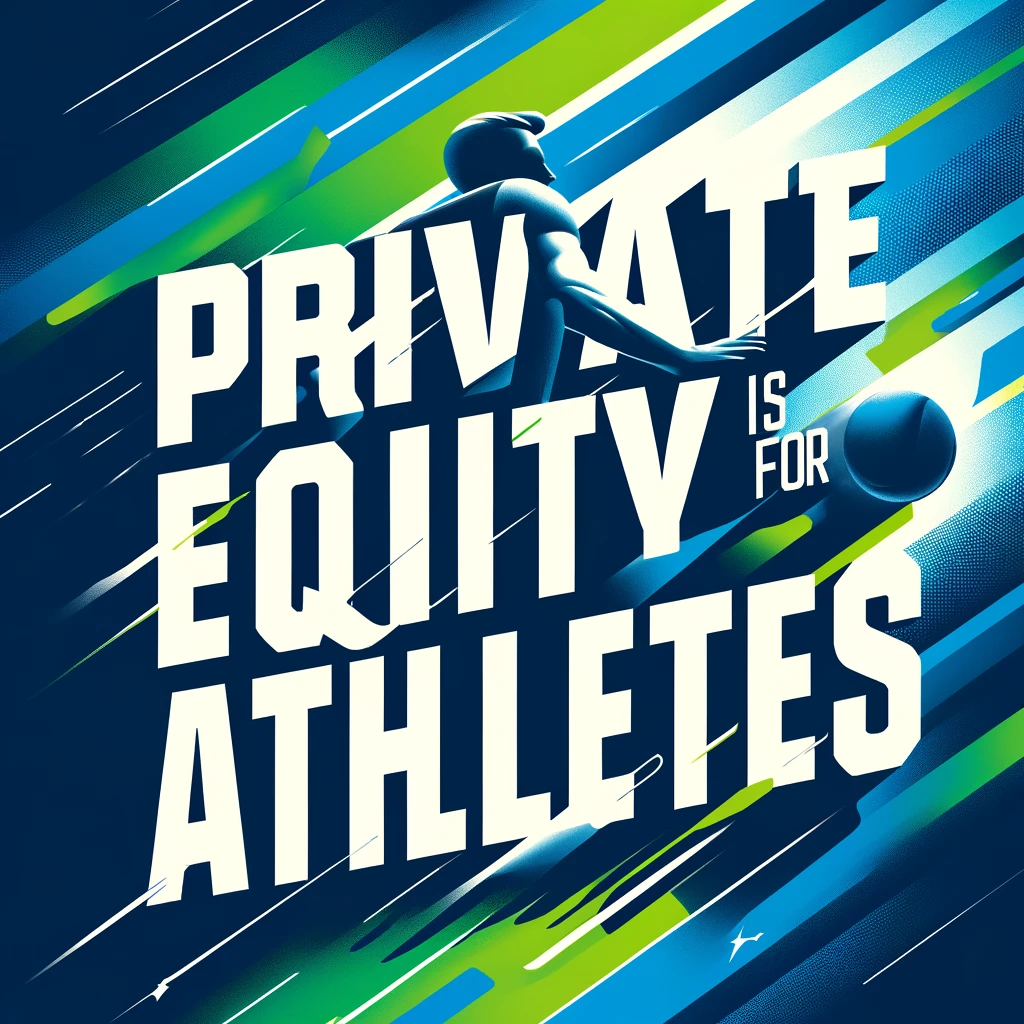Professional athletes may seem like unlikely private equity investors. After all, buying companies is far removed from the world of sports competition and performance.
However, current and former pro athletes actually have a competitive edge when it comes to private equity deal-making and portfolio management. Their experiences and skills make them ideal partners for private companies looking for hands-on investor support.
Read on to learn why PE firms and portfolio companies should consider teaming up with athletes for their next investments.
Athletes Have Capital to Deploy
First and foremost, many professional athletes have the liquid assets to participate in private equity deals. The average career span of an NFL player is just 3.3 years according to Statista. But even short NFL and NBA careers produce considerable earnings due to massive viewer interest and the revenues it drives.
According to CNBC, the average NFL salary last year exceeded $2 million. And the NBA average nears $7.7 million thanks to its massive media rights deals.
So whether they had a long career or just a few seasons, veteran professional athletes usually have spare cash they can invest. And unlike some celebrities or business moguls, athletes often focus their spending and have investable assets even after their playing days end.
Personal networks are another capital source athletes bring to the table. Current players especially have deep connections to team owners and executives across different sports leagues. Those contacts come in handy for sourcing deals, recruiting co-investors, and adding value post-close.
Experience Evaluating Opportunities
Beyond simply having money to deploy, athletes also bring transferable skills in evaluating investment opportunities. Playing pro sports requires immense pattern recognition abilities, focus, and decision-making skills under pressure.
Those traits help athletes effectively assess companies and management teams to make private equity bets. They’re comfortable tuning out noise, focusing on core factors, and determining if the ingredients are there for sustainable differentiation and growth.
Steve Case, co-founder of AOL and CEO of Revolution VC, recognized this advantage when launching his Rise of the Rest seed fund tour. As Case told Sports Illustrated, pro athletes “are really good at pattern recognition and at making decisions in real time without having perfect information.”
That ability gives them an edge in spotting promising but overlooked PE opportunities. And it helps them conduct efficient due diligence to decide where and when to invest capital for the highest impact.
A Culture of Accountability & Networks
Any successful sports team requires leadership, collaboration, and accountability up and down the roster. The best athletes translate those team-building abilities to their personal investments and business partnerships.
Most pro athletes are ultra-competitive and are not okay with lackluster results or excuses from their investment partners. They extend the sports team concept into their PE deals, demanding strong communication and joint accountability for achieving revenue, profit and company culture milestones.
Those team dynamics and networks separate athletes from isolated business investors looking purely at the numbers. Athletes create a motivating environment for their portfolio company executives, employees and fellow shareholders.
They also leverage their networks with sports marketing partners to attract customers. And they tap team executives for operational best practices that apply across industries.
Long-Term Wealth Creation Focus
While some celebrity investors chase quick wins, athletes mainly focus on creating sustainable value and building wealth for decades to come. They see private equity as a way to set themselves up for life after sports while continuing to use their competitive abilities.
Many athletes also pursue private equity investing as a way to create jobs and give back to their hometown communities. They take a hands-on mentality to providing capital, connections and operational help to management teams. Search funds for athletes have been a hot vehicle to invest in the highest performing alternative asset class while changing communities.
That long-term, partnership-focused mentality makes athletes patient and helpful capital partners. They are willing to roll up their sleeves between games or in the offseason to grow portfolio companies and create regional economic opportunities.
As athletes increasingly look beyond sports team ownership towards private equity, those competitive and team-building strengths will drive returns and create mutual benefits for investors and portfolio companies. Executives would be wise to view athletes as prime investor prospects capable of adding outsized strategic and operating value after signing a purchase agreement.




